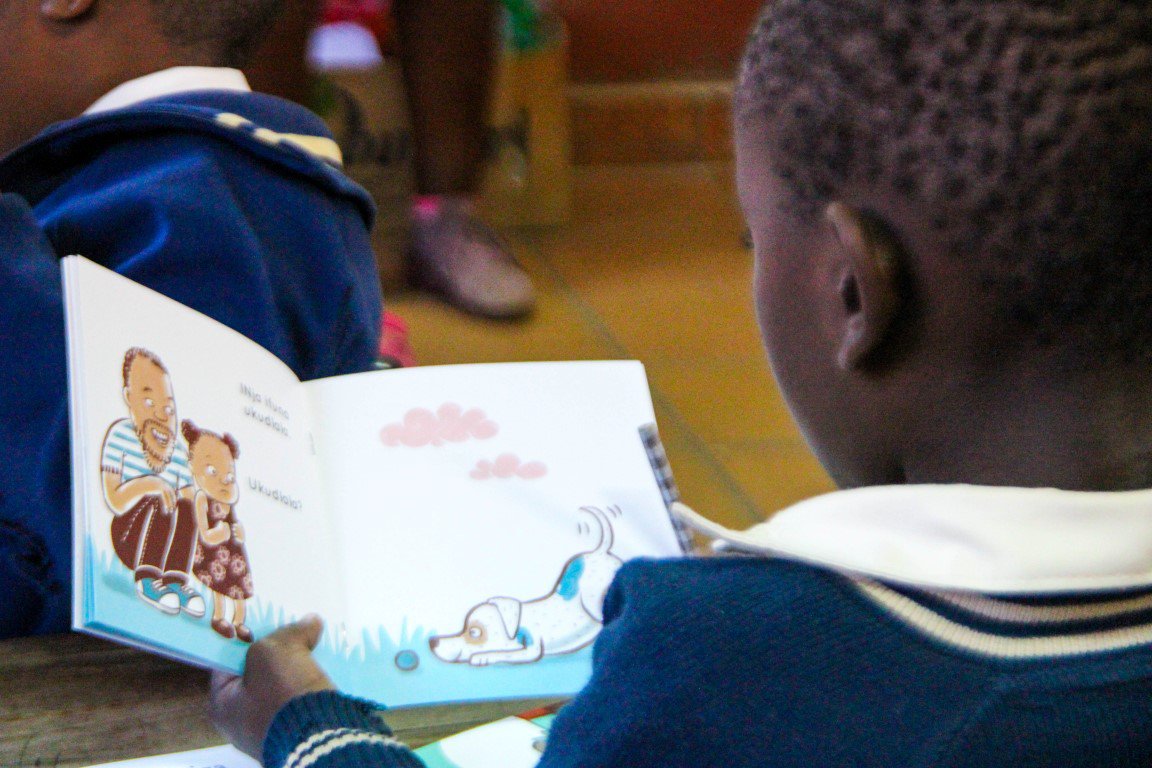Taking better care of yourself in 2017
Wow, life can be rough, and those who think they stand can soon be brought to their knees. Just try one year in the life of a modern-day parent :) Did 2016 bring you to your knees? Did the load become too much to bear? I hear you, I feel you, and today I want to share with you 10 ways of making 2017 work for you. Here is to a happy year, 2017! Hear -Hear?!
Natural treatments - be happier
Parents, dads, this includes you, we are not all whole, we are not all perfect, we are not all coping- even if we have been well balanced, strong, independent happy people before. In 2017, we can embrace our happy selves, take the year by the horns and enjoy the ride as fuller, happier parents! I have done some research on studies discussing key factors and behaviors joyful people value.
Today I would like to share my 10 point strategy on making 2017 a better year, or better yet, the best year of your parenting life this far.
According to research done by Roger Walsh, mental health professionals have significantly underestimated the importance of therapeutic lifestyle changes (TLC) / factors as contributors to and treatments for multiple psychopathologies. These habitual behaviors can assist in fostering individual and social well-being, and assist in preserving and optimizing cognitive function. “TLCs are sometimes as effective as either psychotherapy or pharmacotherapy and can offer significant therapeutic advantages.”
8 Things to do to find joy
The eight lifestyle changes to be happier include exercise, nutrition and diet, time in nature, relationships, recreation, relaxation and stress management, religious or spiritual involvement, and service to others. I have used this study in combination with personal experience, my studies, and practical experience in a wellness and lifestyle career to bring you 10 steps to a happier you. The battlefield of the mind is real and in order to conquer we do not merely need to know these 8 lifestyle factors to improve overall joy, but we also need to know what prevents us from adhering to these changes.

10 Ways to plan and architect your own happiness
1. Define selfishness, self-care and being self-aware
Knowing the difference between selfishness and self care is often a challenge as parents, as we often want to give 100% to the kids, often at a price of self-compromise or neglect. Being selfish is being concerned exclusively with oneself, with no regard for others. Self care is the capacity for introspection and the ability to recognize oneself as an individual separate from the environment and other individuals, an awareness of one's own personality or individuality. Self-care is furthermore a necessary human regulatory function which is under individual control, it is deliberate and more importantly self-initiated. Self-care is any activity that you do voluntarily which helps you maintain your physical, mental or emotional health. The challenge thus is to become self-aware, to define your unique core values and find a way to practice self-care unique to your needs. Notice that it does not happen on its own, especially as parents, we need to sit down and PLAN how we will take care of ourselves.
2. Define happiness, success, joy - What does this mean?
If you don't have a picture of what happiness is, there is a great chance you won't recognize it when you have it, nor will you be able to work towards it. Do not let society tell you what joy is. Joy, for you may be being able to see your child walk for the first time, joy may be being able to hear yourself singing without holding back, it may be coupled to financial success or creativity or physical well-being or all of the above. Finding joy may be being able to succeed in your corporate job or to become a stay at home parent. So I suggest you sit down, many times, and ponder on what makes you truly happy. Where do you find joy, peace and where do you fill your cup? This definition of yourself may already be well defined or like many others it may take many me-time sessions to get to know your definition of a “happy self”.
I once spoke to a friend who really thought she needed to have kids, after many sessions of introspection she realized that she does not actually want a baby yet, but that society has been placing so much pressure on her - you know - the questions we all ask “How are you?”, “When are you having a baby?”, “I can’t wait to meet my grandchildren” kind of thing. Through introspection, she could find her definition and place of peace. She could proudly say, without hesitation “ I have peace with not having children yet, thank you for asking”. We can’t always change society, but we can change how we react and how it makes us feel if we know ourselves. So go on, find your unique definition of happiness.
3. Say “Yes” to time out
Try to take some time out on a daily basis. Alone time. Just you, and the air you breathe, no technology, no chatterbox therapists, just you. This can be tough and you can start with 10 minutes of meditation. I like to take a book and pen with to note my experience and thoughts. Although you can, you don't need to rely on a tit-for-tat situation with your spouse for this time out. Organize some help (a nanny, au pair, family member) who can assist in this time or perhaps plan it during the kids extra murals or school, even lunchtime if you can find a spot. But do plan it, and stick to it. Make that appointment with yourself. How you use your time out with yourself is up to you, I plan on using it for prayer, meditation and being in nature- as these are some of my personal core values. This time-out is where you can start to plan and implement stress management and relaxation techniques.
4. Say “No” to guilt
If I had prioritized this post according to the importance of each point this would be right up at the top. Are you motivated by guilt and fear? I know too many times we base our decisions on guilt. Feeling guilty leads to self-compromise. Compromising on your core happiness values “just this one time” leads to regular self-sabotage and a general feeling of being unhappy, powerless, impotent. I am talking about the simple things, like giving money to a cause because you feel obliged or intimidated may mean you are allowing someone to mentally steal from you. If you cannot afford to either mentally or financially to go to every kids' party and fundraising event, say no, “no thank you, we will not attend”. No explanations needed. You do not owe the world an explanation when you choose to take care of yourself.
From here, the battle is in your mind and having an anchor phrase to refer to may help you with your train of thought. Here are two examples “I value self-care over guilt” and “Self-love starts by saying “no” to selfishness”. You can, of course, work on your own phrase that will help put your mind to rest after saying “no” to other people's expectations and more importantly saying “no” to self-sabotaging-decisions based on guilt. Practice it, until you feel comfortable with your own answer, and know you will get frowns, but what is most important is what you have decided to prioritize and thus how you think about yourself and your decisions.

5. Take care of your physical- keep moving, breathe, eat healthily.
We all know the benefits of exercising and following a healthy diet - other than looking awesome, you also start feeling awesome! I have good news for you- we train our appetite, the more you do something, the easier it becomes to do so and the more you crave it. This goes for bad habits too, so be sure to choose FOR self-care and not against it.
6. Plan your time in
Have you noticed how young children function after prolonged screen time? Do you realize that you are probably responding the same, perhaps you have more fitness for staring at a screen, but your brain needs some time out from this too? So, put that phone down and plan your “time in”.
I find that children generally behave better when they get a good dose of personal attention. This means putting technology away and communicating with your child, sometimes at their level and sometimes at yours. Consider going for a walk, include some ball sports time and low energy playtime before bedtime like drawing or reading. Time in means you are saying “no” to your priorities in the physical and in thought and saying no to your spouse’s priorities if it is time-in with the kids. The greatest investment and compliment you can give someone is your full attention. I suggest you try and define a time of day where we will give our kids 100% in 2017.
7. Find a place to invest yourself – and make others happy
According to this study and many others good relationships and serving others may contribute to being a happier person. Find a place to invest yourself. We were designed to serve and find joy in serving. If you are in “self-protection mode”, consider filling your cup more often and you will soon find you have energy to serve outside of your household again. As per point four, do not serve because you feel guilty, rather find your strengths and what gives you joy, then serve from a full cup. Giving joy to others will contribute to your feeling of self-fulfilment.
8. Prioritize what's important over what is urgent and optimize for joy
Every time you hear that word “urgent” (Dringend!) a little warning whistle should sound in your head, asking “What am I compromising by prioritizing urgent over important?”
9. Go outdoors and delight in creation
According to Roger Walsh, this is one of the fundamental lifestyle factors. Don’t just plan your next outing camping or in the great outdoors, but consider eating breakfast in the garden every day instead of the indoor dining room table. Make time in nature a regular outing and help your kids to find the peace and restoration it offers too, so one day, when they are all grown up and exposed to life’s stresses, they will know where to go to recoup.
Use this time to give thanks - according to studies one characteristic happy people seem to have in common is a “sense of gratitude”. Consider a diary or a 52-week challenge to “Give thanks” #ThankfulParent or #GreatfulWithKids? #SmallJoys?
10. Spend time in meditation and prayer- be happy.
Roger Walsh found that people who attend to their spiritual being and religion tend to be generally happier. You’ve read about a rest day before, now science tells us to rest too…how long will it take for you/us to implement this?
I have always liked my numbers and I remember sitting in Pretoria one day, meditating on a rest day or Sabbath. Sleep studies say 7hours 13 minutes to 8 hours of sleep per night is ideal to function at your best. I did a simple rounded math and realized back in 2005 that if you commit one day’s waking hours to rest or to God it results in roughly 10% of your time that you commit.
Quick math:
24 hours per day, 7 days a week = 168 hours a week
24 hours a day -7.5hours of sleep = 16.5 hours that you are awake
16.5/168% = +-10% of the total hours per week
I thought it was awesome- number joy:)
So, my suggestion would be to implement one day of rest per week, recuperation, screen-free time- and this may be the hardest challenge of them all!
Final thoughts on happiness and inner joy
I find that we are a generation of knowledge, we know what to do, but we are slow to implement and quick to distract, this is not your fault, though. We are bombarded by information overload and an immense science on distraction. Ask any SEO and marketing specialist on how scary this research on manipulation and automation can get. It is not our fault, but it is our war. Protect yourself, be aware of these “squirrels” depriving you of your purpose, your focus and ultimately your inner joy. Take as good care of yourself as you do of your partner and children.










